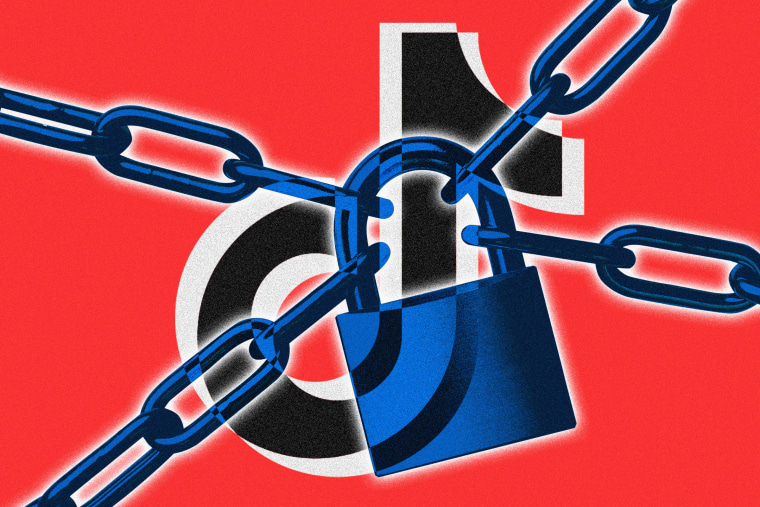The proposed TikTok ban working its way through Congress could embolden authoritarian censorship abroad, experts warn, and shatter the United States’ reputation as an international champion of free speech.
The House of Representatives passed the Protecting Americans From Foreign Adversary Controlled Applications Act on Wednesday. The bill still needs a Senate vote, and then to be signed by President Joe Biden. If signed into law, ByteDance, TikTok’s Chinese parent company, would either be forced to sell TikTok, or the app would be banned from app stores, according to the bill’s proponents.
U.S. officials say the driving motivation to pass such a bill is to prevent TikTok from being used to disseminate Chinese propaganda or collect information on U.S. citizens for Chinese government use.
But to some critics of the bill, a ban would cede America’s moral authority when it condemns other countries over limiting their citizens’ internet access.
“The United States, particularly through the State Department, has been very vocal about other countries when they disable access to either parts of the internet or to social media services and other applications that are predominantly U.S.-based,” said Kate Ruane, who directs the Free Expression Project at the Center for Democracy and Technology, a Washington-based tech policy think tank.
“If we go forward with this and we ban TikTok, that is essentially going to be license to authoritarian regimes around the world to do the same to U.S.-based platforms. And I think we will see a lot of copycat measures as a result of that,” Ruane said.
The U.S. has long promoted the open internet as a soft power tool that promotes freedom of speech and the exchange of ideas, in contrast with more authoritarian countries’ approaches, like China’s Great Firewall, Russia’s RuNet and Iran’s “halal internet.”
The U.S. was a founding member of the Freedom Online Coalition, a 39-nation group that advocates for the international adoption of an internet that’s free of censorship or political disruption. Last year, the White House announced its commitment to “A Declaration For the Future of the Internet,” made by a group of 60 countries opposed to authoritarian control of the internet.
The declaration’s provisions include a commitment to “refrain from blocking or degrading access to lawful content, services, and applications on the Internet, consistent with principles of Net Neutrality subject to applicable law, including international human rights law.”
In 2022, the State Department, alongside other Freedom Online Coalition members, condemned Iran for shutting down internet access as anti-government protests took hold across the country.
The year before, it had formally condemned Nigeria for blocking Twitter, at the time a common platform for people there to air criticism of their government. “As its partner, we call on the government to respect its citizens’ right to freedom of expression by reversing this suspension,” a State Department spokesperson said at the time.
In those cases, those governments went far beyond restricting online access and threatened users. But even blocking access to a popular app like TikTok could embolden authoritarian countries around the world, said Willmary Escoto, policy counsel for Access Now, a nonprofit that advocates for global internet freedom and connectivity.
“It sends the message that this is acceptable. These reactions can really spur internet fragmentation and it could really interfere with access to information and freedom of expression across borders,” Escoto said.
Chris Painter, who served in the Obama administration as the first ever top “cyber diplomat,” or coordinator of cyber issues for the State Department, said he didn’t view the bill as an attempt to shut down speech, but said its advocates should do a better job explaining why a ByteDance-owned TikTok presents such a threat to U.S. national security.
“If the U.S. was certainly trying to shut down a social media platform or something because they didn’t like what was being said on it, absolutely our moral authority would disappear,” Painter said.
“If we tried to shut down social media before an election, which a lot of countries unfortunately do in some parts of the world, obviously that deserves an outcry. We don’t do that. In fact, the U.S. champions exactly the opposite,” he said.
“I think that’s going to be the challenge for the administration or for Congress or wherever it actually moves forward: explaining why it’s necessary,” Painter said.
